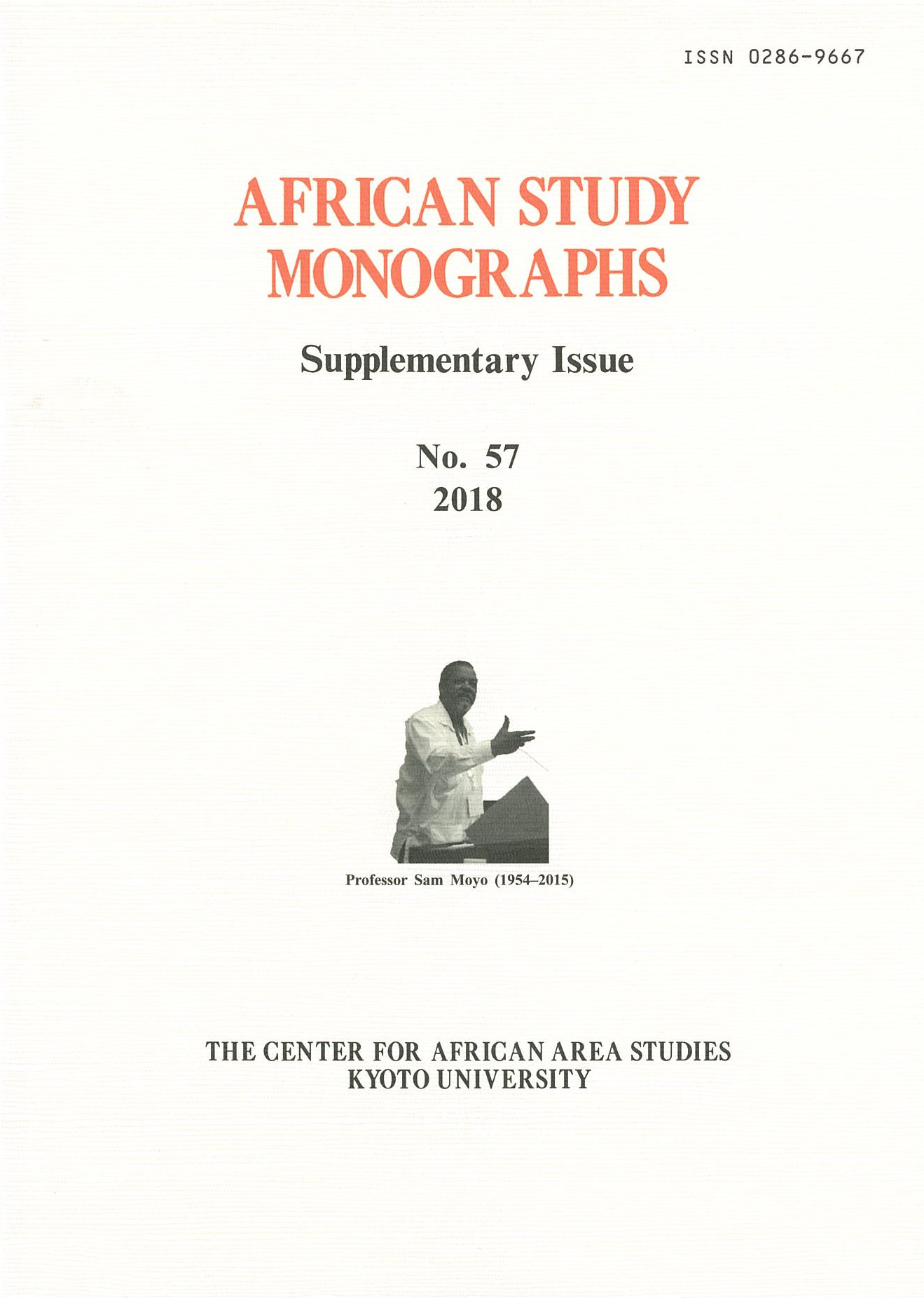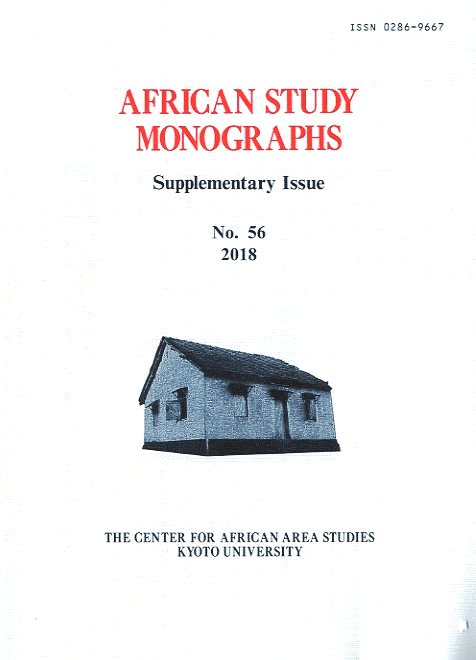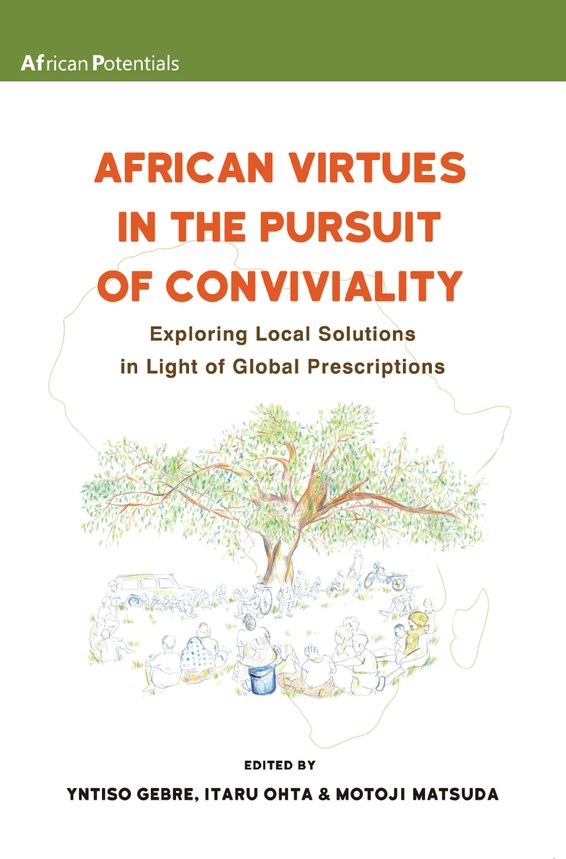The 35th Annual Meeting of Japanese Society for Oceanic Studies
Joint Symposium with the “African Potentials” project and the Japanese Society for Oceanic Studies.
Title: “Local Responses to Conflicts and Coexistence: Case Studies from Oceania and Africa.”
Date and Time: 23rd March, 2018, Friday, 8:45 – 10:15
Venue: Event Hall, Okinawa Churaumi Aquarium, Ocean Expo Park.
- MC: Sachiko Kubota (Graduate School of Intercultural Studies, Kobe University)
- Daisuke Takekawa (Faculty of Humanities, University of Kitakyushu)
“Governance for Reconciliation in Island Communities: From a View Point of Universal Human Moral Foundation.” - Kaori Ootsuru (Graduate School of Social System Studies, University of Kitakyushu)
“Relationship Restoration Through Polyphonic Story Narrating: From Case Study in Vanuatu.” - Shuichi Oyama (Center for African Area Studies, Kyoto University)
“Attempt of Conflict Prevention by Agriculturists and Pastoralists in the Sahel Region in West Africa: With a Focus on Avoidance and Negotiation over Violent Conflicts Incurred by Crop Damaging.” - Toshihiro Abe (Faculty of Letters, Otani University)
“How Should the Reconciliation Policy in South Africa Be Evaluated?” - Daiji Kimura (Graduate School of Asian and African Area Studies, Kyoto University)
Comments
The Japanese Society for Oceanic Studies was established in 1977 to promote Oceanic Studies in Japan. The 35th Annual Meeting held in 2017 organized a joint symposium with “African Potentials” project to commemorate the 40th anniversary of the society.
Kubota explained the background of the symposium, which was jointly organized by the Grant-in-Aid for Scientific Research (S) “African Potential” (project leader, Motoji Matsuda) and Specific Research Project on “Community Governance on Retribution and Restoration over Conflict Resolution: From a Case Study on Dolphin Hunting and Environmental Organizations” (project leader, Daisuke Takekawa), and mentioned that the objective of the symposium is to address local responses on conflicts and coexistence in Oceania and Africa.
Takekawa firstly explained the meanings of the two keywords: mutual benefit, which is an emotion related to fairness and equity, and empathy, which is an action led by consideration of the others’ intention. Then he presented his observation on cases of conflict avoidance among clans by excessive gifting and reconciliation regarding suspension contract for dolphin hunting and embezzlement of contract amount by the agent. He elucidated that, in small communities, restorative justice based on empathy, in which they consider the counterpart shares the same feeling, is more important than retributive justice focusing on mutual benefits.
Ootsuru introduced a case from Erromango Island, Vanuatu, where Christian missionaries were killed in the 19th century. She took examples from the reconciliation ceremony held after 170 year of death of the missionaries and apology ceremony among the community members in the north and south which had been conflicting over the use of traditional songs and dance. Then she concluded that continuity of restoration and lasting consent have been realized in a circular connection (or loop) of interpretation of facts, storytelling, repeating empathy, reality, and narrative creation.
Oyama discussed a case of conflict in the Sahel region in West Africa where agriculturists and pastoralists face conflicts rooted in crop damage by the cattle. The victims and offenders do not confront each other directly and avoid escalation to violence. However, he clarified that conflict prevention based on dialogue at community level does not function for avoidance of deadly attacks and terrorist attacks led by Boko Haram.
Abe addressed reconciliation policy implemented in South Africa after democratization. Their initiatives aiming to unify the society through hearing of evidences and amnesty attracted various criticisms from political forces within the country, but the speaker considered that a turning point in collective conflicting relationship can be read in such affairs.
Kimura, the commentator, summarized the points of each presentation and then exemplified a case of marriage in the Bongando people in rainforest in Cameroon. He pointed out that maintaining and restoring relationships require continuous movement and emphasized continuity of the action, rather than the state. At the local level, they stress ambiguity and subjectivity, which have irreconcilable natures against modernity.
The general discussion addressed and confirmed various topics, including: whether any characteristics or tendencies in negotiation and conciliation within the community or external parties in Oceania and Africa; the significance of exploring compensation, gift, reconciliation, and ceremonies in a social context; and focusing on proactive initiatives by the local residents on conflicts and coexistence, and importance to clarify the undefined concept of reconciliation at the local level.



